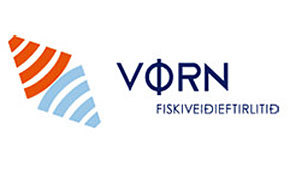Monitoring, Control and Enforcement
Faroese vessels are issued with a fishing licence which specifies the details of fishing activities (catch & area limitations and gear requirements) in which the vessel is permitted to participate, as well as outlining requirements for reporting of catch data and information on landings or transshipments.
All vessels larger than 15 GT must maintain a daily log of their activities in an authorised catch logbook which is issued for this purpose, recording data for each set or haul, and they must also have satellite vessel monitoring systems (VMS) in both national and international waters. Vessels smaller than 15 GT must submit a sales note to the Faroese Fisheries Inspection following each landed catch to document their activities.
The Faroese Fisheries Inspection is responsible for monitoring and inspecting catches and landings of individual vessels and the weighing-in of catches. This includes both on board inspection, monitoring of transshipments and inspection of landings in port.
Faroese inspection and rescue vessels, in cooperation with Danish naval patrol vessels, provide for a constant patrol presence in Faroese waters. They also contribute to fisheries inspection in international waters of the North Atlantic at regular intervals in collaboration with the inspection services of other nations in the region.
International cooperation to combat illegal, unregulated and unreported (IUU) fishing
The North-East Atlantic Fisheries Commission (NEAFC), in which the Faroe Islands actively participate, has comprehensive port state measures to tackle IUU fishing under the NEAFC Control Scheme, monitoring IUU activity in the zones of Contracting Parties, as well as in international waters.
Vessels listed on the NEAFC IUU list (“blacklist”) are not permitted to call at ports, receive services and supplies or change crew members in any port of the member countries of NEAFC.
NEAFC and NAFO (Northwest Atlantic Fisheries Organization) have agreed to recognize and implement each other’s blacklists, creating a trans-North Atlantic system for monitoring and outlawing IUU-listed vessels, with the aim of achieving a global network of cooperation with other regional fisheries management organisations around the world.

